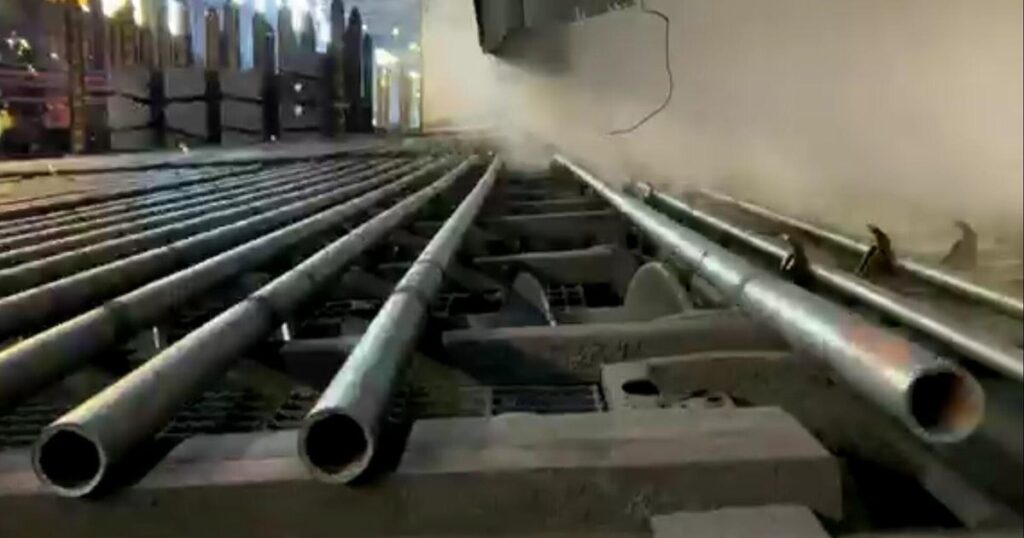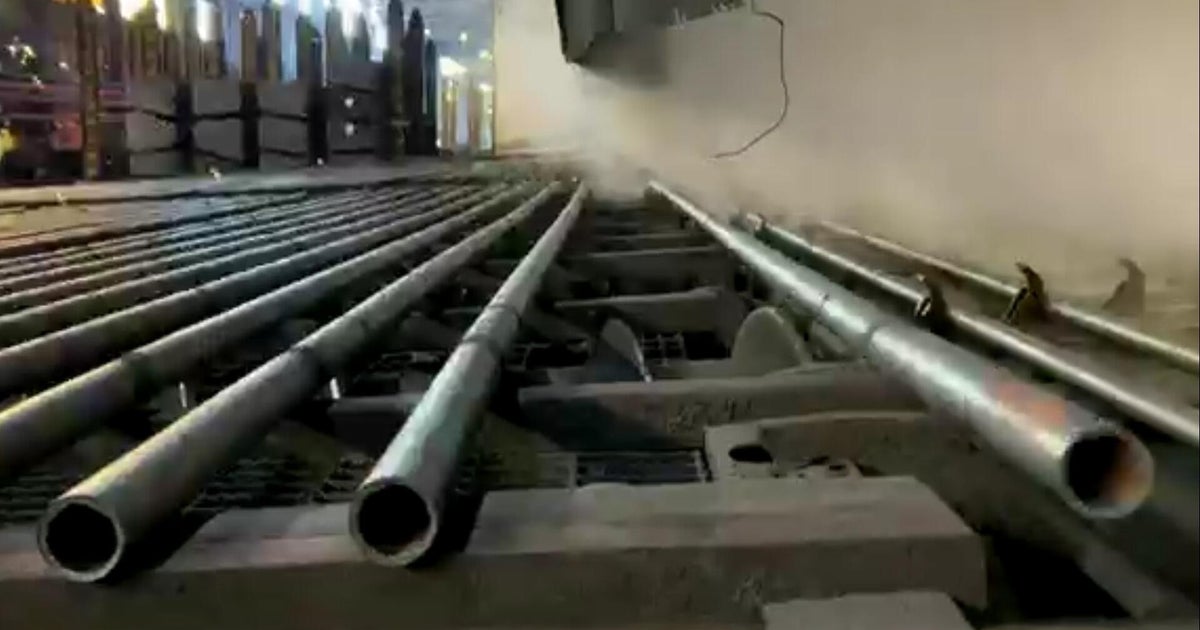Why this CEO supports Trump's 25% steel tariff
Why this CEO supports Trump's 25% steel tariff

While many businesses are steeling themselves for trade war losses, the American steel industry has a brighter outlook. Elaine Quijano reports.
Read the full article on CBS Politics
Truth Analysis
Analysis Summary:
The article appears mostly accurate, focusing on the perspective of a CEO who supports Trump's steel tariff. The primary claim about the CEO's support is verifiable. However, the framing of the issue and the selection of a supportive voice introduce a moderate bias.
Detailed Analysis:
- Claim:** The article title states "Why this CEO supports Trump's 25% steel tariff." This is verifiable by examining the content of the article, which focuses on a CEO's perspective. `Verification Source #4:` supports this claim, identifying Barry Zekelman, a Canadian CEO, who supports Trump's steel tariffs.
- Claim:** The snippet mentions the "American steel industry has a brighter outlook." This is a general statement and difficult to definitively verify without more context. `Verification Source #1:` and `Verification Source #3:` suggest support from industry and businesses for the tariffs, implying a positive outlook.
- Claim:** The article implies Trump imposed a 25% steel tariff. `Verification Source #1:` and `Verification Source #5:` confirm that President Trump imposed a 25% tariff on steel imports.
- Claim:** The article does not explicitly state the CEO is American, but the CBS Politics source might imply it. `Verification Source #4:` identifies a Canadian CEO, Barry Zekelman, who supports the tariffs, contradicting a potential implicit assumption.
Supporting Evidence/Contradictions:
- `Verification Source #1:` and `Verification Source #3:` support the claim that some industries and businesses supported Trump's tariffs.
- `Verification Source #4:` directly supports the claim that a CEO (Barry Zekelman) supports Trump's steel tariffs.
- `Verification Source #2:` mentions Elon Musk expressing support for lower tariffs, providing a contrasting viewpoint not present in the CBS article.
- The CBS article's focus on a CEO who supports the tariff, while not inherently inaccurate, presents a potentially biased view by omitting opposing perspectives.

